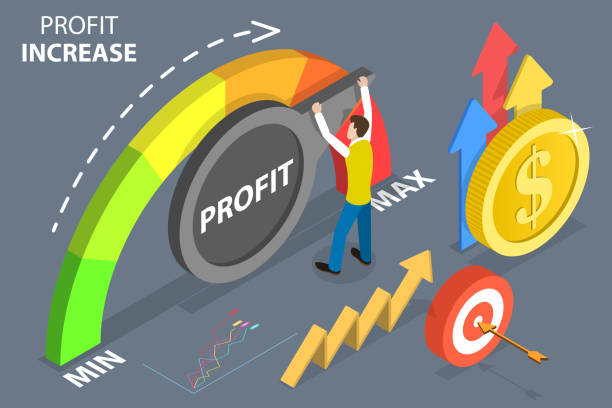
Introduction:
In today's highly competitive hospitality industry, hotel revenue management has become an essential practice for maximizing profitability and optimizing occupancy rates. Effective revenue management strategies allow hotels to sell the right room, to the right guest, at the right price, and at the right time. By understanding and implementing the fundamentals of hotel revenue management, hoteliers can improve their financial performance and gain a competitive edge. This article explores the key principles and strategies that underpin successful hotel revenue management.
- Understanding Demand and Forecasting:-To effectively manage revenue, hoteliers must have a deep understanding of demand patterns and be able to accurately forecast future demand. Historical data analysis, market segmentation, and market trends analysis are crucial for identifying demand patterns and predicting occupancy levels. By leveraging technology and data analytics tools, hoteliers can make informed decisions regarding pricing, inventory allocation, and promotional activities.
- Pricing Strategies:-Pricing is a critical component of revenue management. Hotels need to implement dynamic pricing strategies that take into account factors such as seasonality, market demand, competitor pricing, and guest preferences. Through revenue management systems and software, hotels can set flexible pricing structures, including BAR (Best Available Rate), negotiated rates, promotional rates, and packages. By adopting strategic pricing strategies, hotels can optimize revenue by adjusting prices based on real-time market conditions and demand fluctuations.
- Inventory Management:-Inventory management involves effective allocation of available rooms to maximize revenue potential. Through effective segmentation and analysis, hotels can identify high-demand periods and allocate inventory accordingly. This includes managing room categories, length-of-stay restrictions, overbooking practices, and group bookings. By carefully managing inventory, hotels can avoid revenue loss from unsold rooms during peak periods and maximize revenue during low-demand periods.
- Distribution Channels and Online Presence:-The digital era has significantly transformed the way hotels distribute their inventory. An effective distribution strategy involves leveraging multiple online channels, such as online travel agencies (OTAs), global distribution systems (GDS), direct hotel websites, and mobile applications. Hoteliers must evaluate channel performance, manage channel costs, and maintain rate parity across all distribution channels. By optimizing distribution channels, hotels can reach a broader audience and drive direct bookings while maintaining control over pricing and inventory.
- Data Analytics and Technology:-Revenue management heavily relies on data analysis and technology. Advanced revenue management systems (RMS) and analytics tools enable hotels to analyze large volumes of data and generate actionable insights. These tools provide real-time information on market demand, competitor pricing, guest behavior, and booking patterns. By harnessing the power of data and technology, hotels can make data-driven decisions, automate pricing updates, and implement personalized marketing strategies.
- Collaboration and Communication:-Effective revenue management requires collaboration and communication across various departments within a hotel. Revenue managers need to work closely with sales, marketing, and front office teams to align strategies, optimize revenue opportunities, and ensure a consistent guest experience. Regular meetings, performance reviews, and cross-functional training are essential to foster collaboration and enhance revenue management efforts.
Conclusion:
Hotel revenue management is a dynamic and strategic discipline that plays a crucial role in a hotel's financial success. By understanding and implementing the fundamentals of revenue management, hoteliers can optimize revenue, maximize occupancy, and enhance profitability. Leveraging data analytics, technology, and effective communication, hotels can adapt to changing market dynamics, capitalize on revenue opportunities, and deliver exceptional guest experiences. Embracing revenue management as a core practice will enable hotels to thrive in today's competitive hospitality landscape.
Submitted By: OARSolutionSubmitted On: July 08, 2023Visit Website